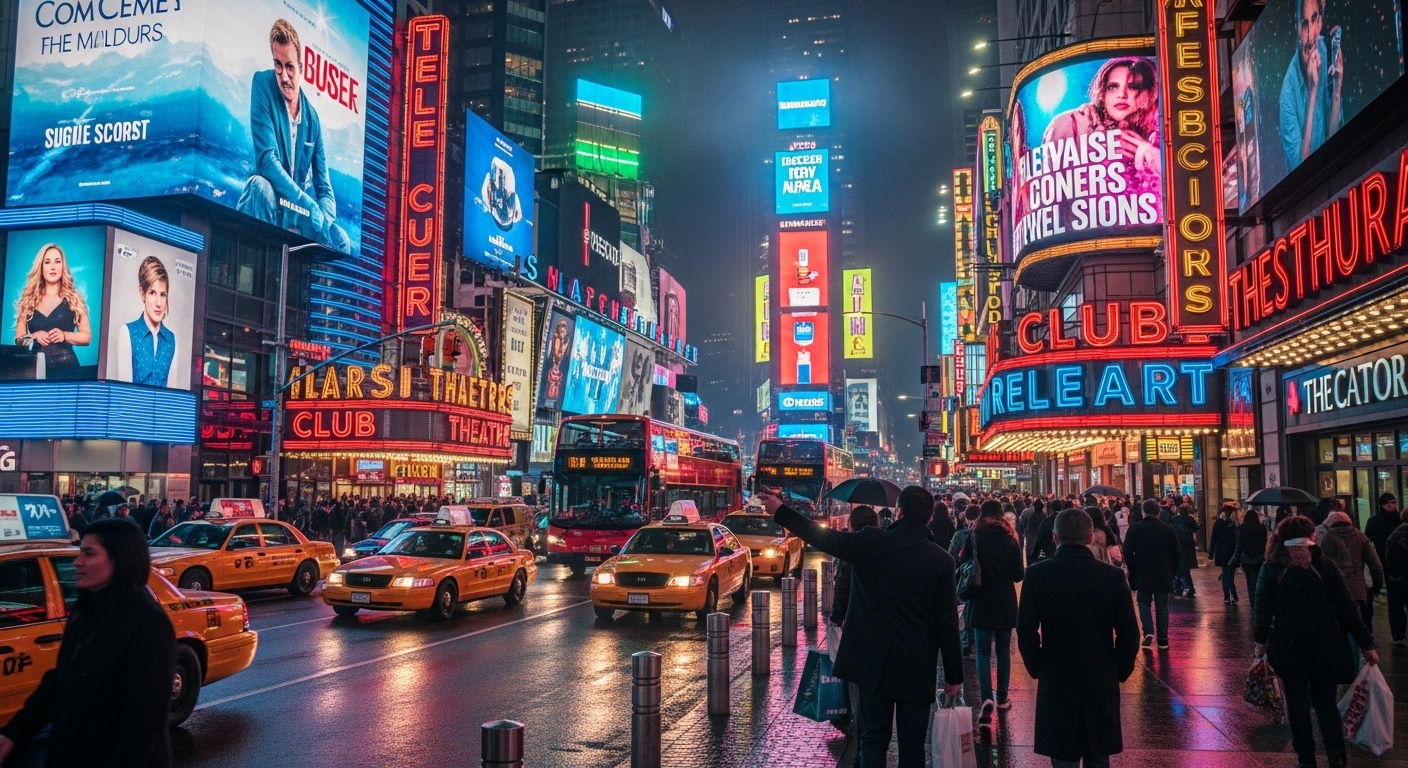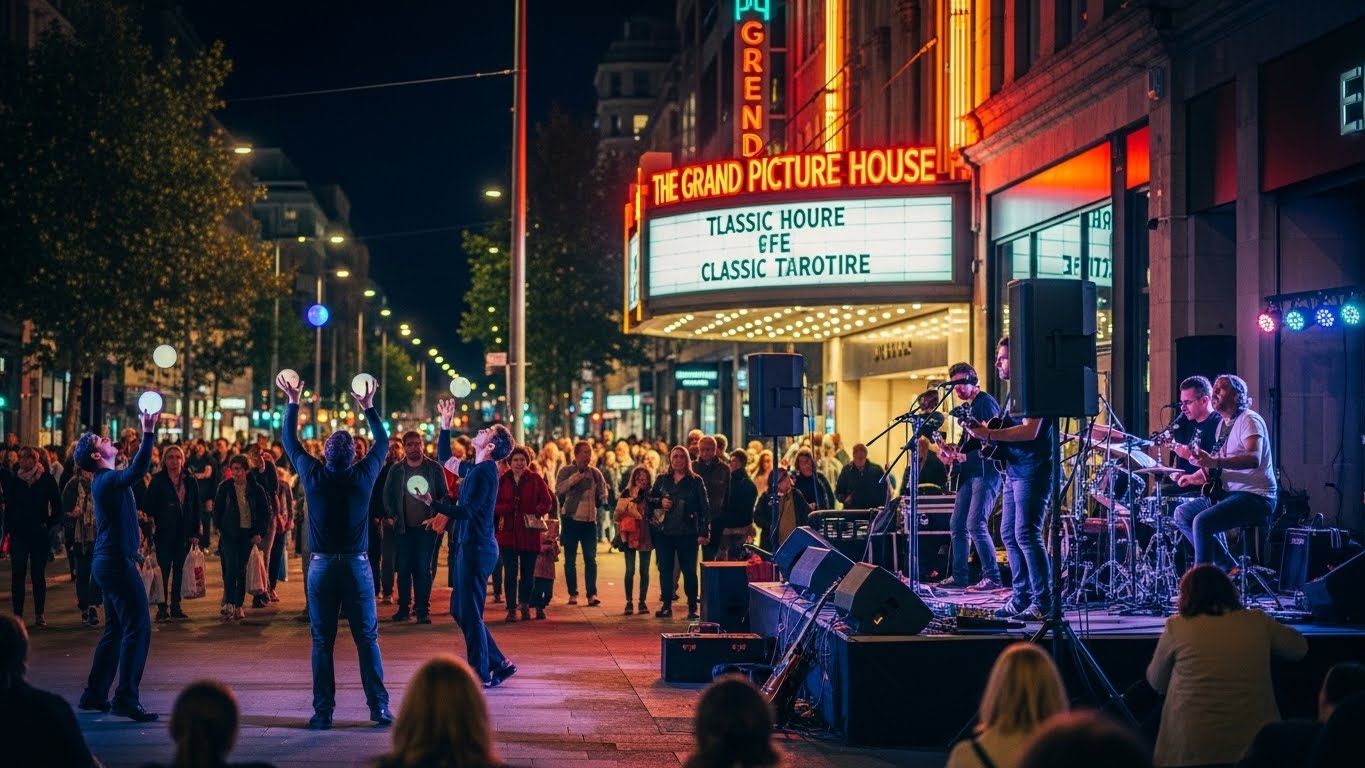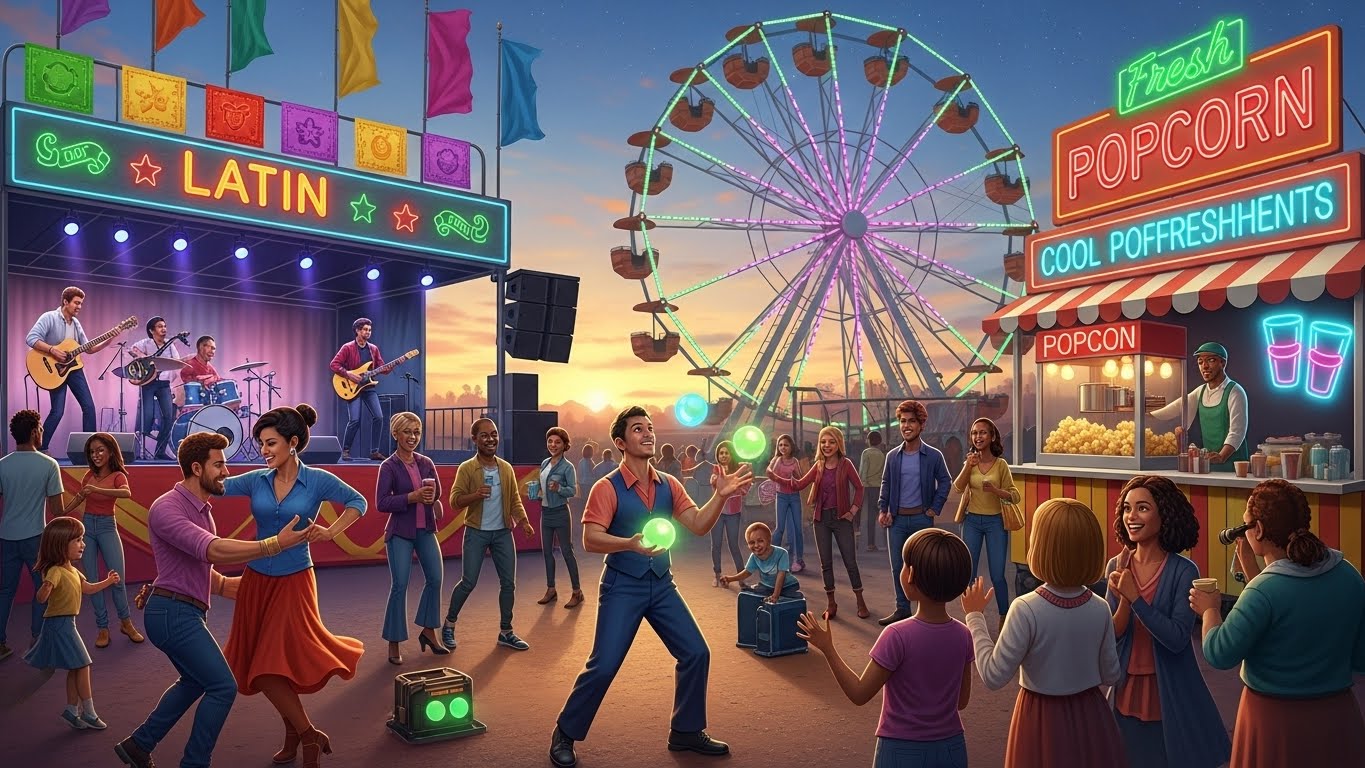Entertainment has been a part of human culture for as long as anyone can remember. From ancient theater performances to today’s high-tech video games and streaming services, entertainment has constantly evolved to reflect our changing tastes and technological advancements. Today, the world of entertainment is more dynamic than ever, offering endless ways to engage and escape from reality. In this blog post, we will explore some of the biggest trends in modern entertainment, the impact of technology, and what the future holds for this exciting industry.
The Rise of Streaming Services
In recent years, streaming services have completely reshaped the entertainment landscape. Platforms like Netflix, Disney+, and Amazon Prime Video have made it easier than ever to access a vast library of films, TV shows, and documentaries from the comfort of our own homes. These platforms have revolutionized how we watch content, shifting from scheduled TV programming to on-demand viewing. With the ability to binge-watch entire seasons in one go, streaming has become synonymous with convenience and customization.
But it’s not just about watching old favorites; streaming services are also investing heavily in original content. Shows like Stranger Things on Netflix or The Mandalorian on Disney+ have become cultural phenomena, creating communities of fans who eagerly anticipate each new season. The trend toward high-quality, exclusive content means that streaming platforms are not only competing for subscribers but also for creative talent, shaping the future of television and film.
The Impact of Social Media on Entertainment
Social media has changed the way we consume entertainment, making it more interactive and participatory. Platforms like Instagram, TikTok, and Twitter have allowed celebrities, influencers, and even everyday people to create and share content that reaches millions. This has democratized entertainment in many ways, with individuals now having the power to create viral moments and gain large followings without relying on traditional media outlets.
Social media also plays a pivotal role in the way we discover new content. Instead of waiting for a TV network to promote the latest blockbuster, users can see what their friends or influencers are watching and sharing in real-time. This has led to a more personalized, community-driven approach to entertainment consumption. From viral dance challenges to meme-based humor, social media has made entertainment more interactive and collaborative.
Gaming: A New Era of Interactive Entertainment
Another area where entertainment has seen massive growth is in video games. Gaming has evolved from a niche hobby to a mainstream cultural phenomenon. In fact, the global video game industry is now worth more than the movie and music industries combined. Advances in technology, such as virtual reality (VR) and augmented reality (AR), have made gaming even more immersive, allowing players to experience virtual worlds in ways never before possible.
In addition to traditional single-player experiences, multiplayer online games have become an entertainment hub in their own right. Titles like Fortnite, Minecraft, and League of Legends have millions of active players, creating virtual communities where people can meet, interact, and compete. Esports, professional gaming competitions, have further elevated gaming into a legitimate form of entertainment, with massive audiences tuning in to watch tournaments live.
The social aspect of gaming is also worth noting. Whether it’s teaming up with friends to defeat a boss or streaming gameplay on platforms like Twitch, gaming has become more of a social activity than ever before. This shift has created a new type of entertainment experience where the lines between gaming, social media, and even traditional media are increasingly blurred.
Immersive Entertainment: The Future of Virtual Reality
Virtual reality (VR) and augmented reality (AR) are quickly becoming mainstream technologies that promise to revolutionize the entertainment world. While VR has been around for a while, recent advances in hardware and software are making it more accessible and appealing to consumers.
Imagine stepping into a fully immersive virtual world where you can interact with characters and environments as if they were real. Whether it’s a 3D movie experience, a virtual theme park, or a video game, VR promises to take entertainment to a whole new level. Already, companies like Oculus (now owned by Meta) and HTC Vive are creating immersive gaming and entertainment experiences that allow users to explore virtual worlds like never before.
AR, on the other hand, is making waves in mobile entertainment. Popular apps like Pokémon GO have already proven that AR can add an extra layer of fun and interactivity to our everyday lives. As AR technology continues to improve, it is likely that we will see more entertainment experiences that blend the physical and virtual worlds, providing richer and more engaging ways to enjoy media.
The Evolution of Live Performances
While technology has undoubtedly transformed entertainment in many ways, live performances remain a cherished and timeless form of entertainment. Concerts, theater productions, and stand-up comedy shows continue to bring people together for shared experiences. However, even live entertainment has been affected by technological advances.
One notable trend is the integration of technology into live performances. Concerts now feature elaborate light shows, 3D projections, and holograms of deceased performers. Artists like Tupac Shakur and Michael Jackson have been brought back to life in virtual form, creating unique experiences for audiences. Virtual concerts, particularly during the COVID-19 pandemic, have also gained traction, allowing fans to watch their favorite artists perform live from the comfort of their homes.
Additionally, technology has made it possible to stream live performances globally, meaning that fans who can’t attend in person can still participate in the experience. This has expanded the reach of live entertainment, creating a more connected and accessible world of performance.
Conclusion: The Future of Entertainment
As we look toward the future, the entertainment industry is poised for even more innovation. With the continued rise of immersive technologies like VR and AR, the entertainment experience will become more interactive, engaging, and personalized. Streaming services will keep evolving, potentially integrating AI to curate even more tailored content for viewers. Gaming will continue to expand its influence, with esports and social gaming taking center stage.
Ultimately, the future of entertainment will be defined by its ability to adapt to changing technologies and consumer preferences. Whether it’s through new forms of storytelling, enhanced interactive experiences, or ways to connect with others, the entertainment industry will keep evolving, ensuring that there is always something new and exciting to explore. The only question is: What will the next big thing be?
Whatever it is, it’s sure to be an adventure worth taking.



